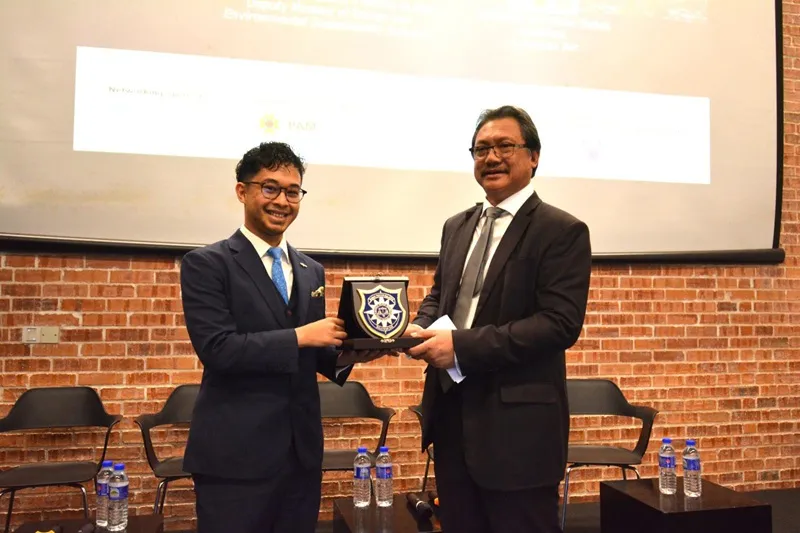By Dayak Daily Team Editor KB
By DayakDaily Team
KUCHING, July 3: Sarawak supports legal innovation, not just in legislation but in dispute resolution, as the government acknowledged that regulatory certainty is key to attracting green investment and upholding good governance in the region.
As climate change, energy transition, and ESG compliance rise to the top of Southeast Asia’s development agenda, Sarawak is positioning itself as a regional thought leader in building a robust legal and policy ecosystem for sustainable growth.
Deputy Minister for Energy and Environment Sustainability Datuk Dr Hazland Abang Hipni underscored that legal infrastructure must evolve alongside environmental and economic goals.
“Sarawak is not just responding to global sustainability trends — we are helping define what responsible development looks like in this part of the world.
“We do not see sustainability and economic growth as opposing forces. In Sarawak, they are two sides of the same coin — and we are building the policy ecosystem to prove it,” he said in his keynote address at the Arbitrating Sustainability in Southeast Asia” forum, held on Wednesday as part of KL ADR Week 2025 and organised by the Malaysian Bar Council in Kuala Lumpur.
Senior government officials and legal experts from across Asean gathered at the event to explore how arbitration and dispute resolution can drive the region’s sustainable development agenda.
The high-level forum featured prominent voices from the Solicitor General’s Office of the Philippines and top arbitration practitioners from Thailand, Indonesia, Singapore, and Malaysia — reflecting the cross-border urgency of ESG and sustainability issues.
Opening the forum, Bar Council Arbitration and Construction Law Committee chair Abang Iwawan noted that the legal landscape in Southeast Asia is undergoing rapid change.
“Across Southeast Asia, sustainability is no longer a buzzword — it is a site of legal transformation.
“Governments are codifying climate responsibilities, investors are embedding ESG safeguards, and infrastructure projects are being shaped by carbon disclosure regimes and Indigenous rights. These shifts raise urgent legal questions that cut across contracts, regulatory frameworks, and dispute resolution,” he said.
As legal, commercial, and environmental priorities converge, Southeast Asia is not just adapting to global standards — it is helping to define them.
With innovations in clean energy, sustainable infrastructure, and ESG-aligned governance, the region is emerging as a driver of legal transformation in the face of global climate and development challenges. — DayakDaily
